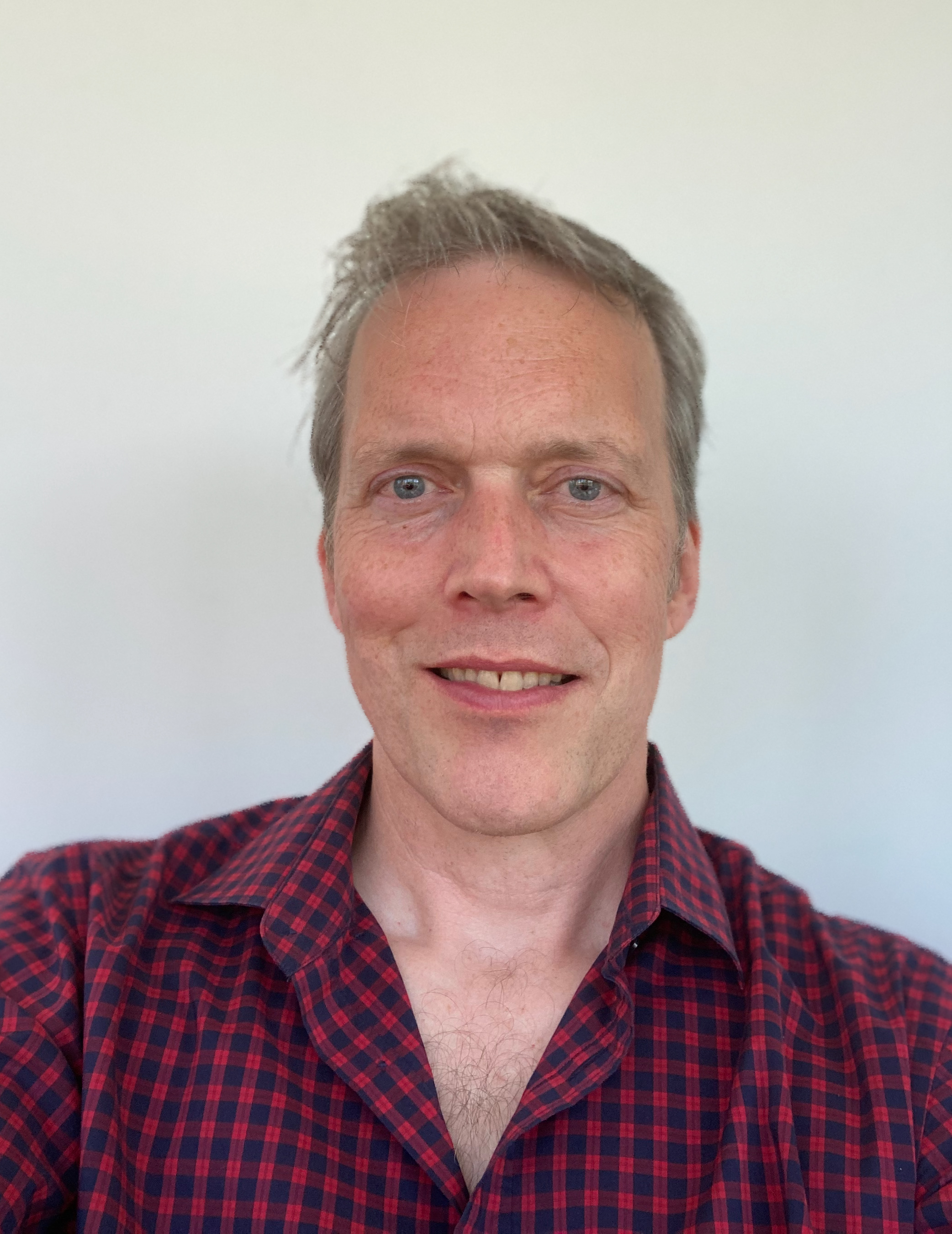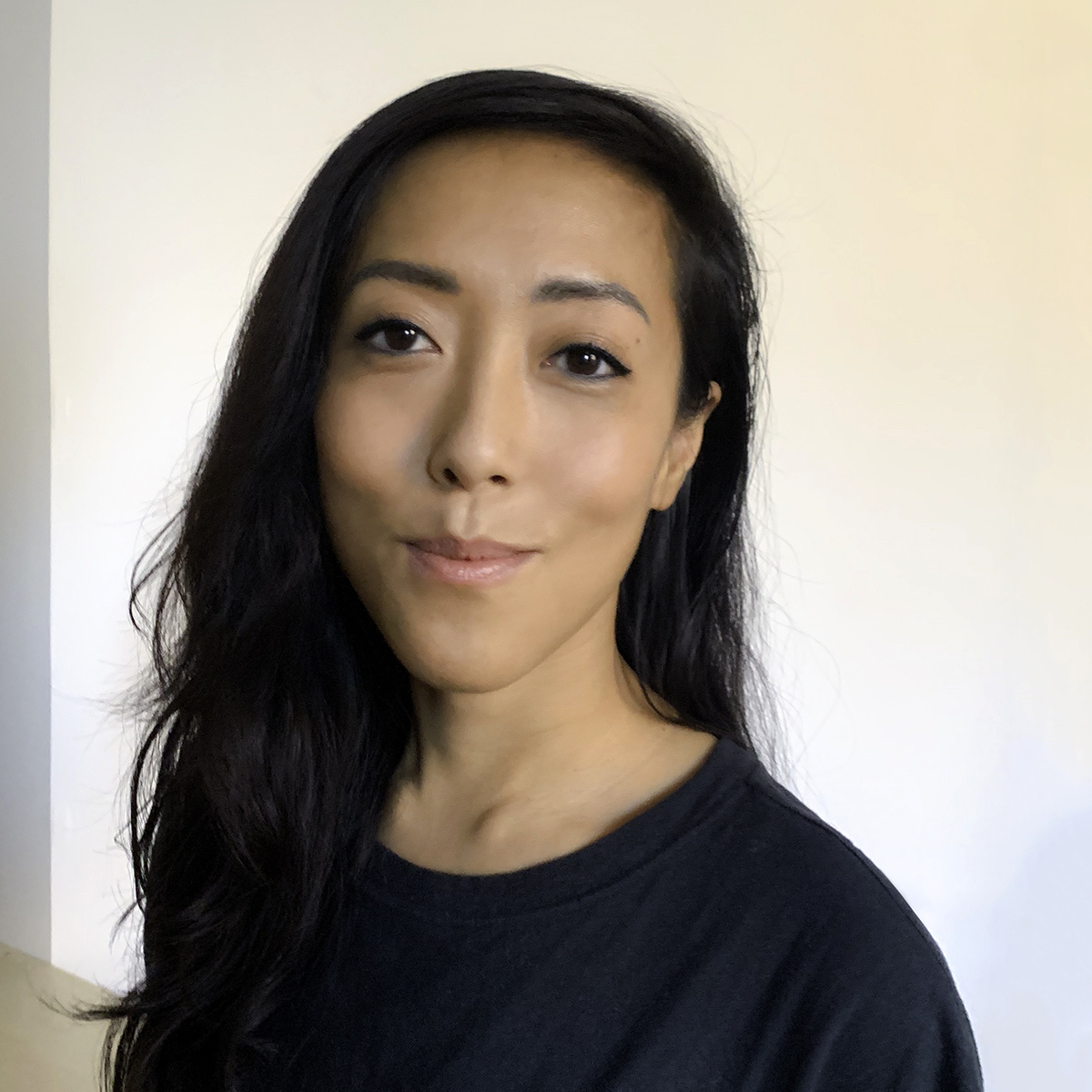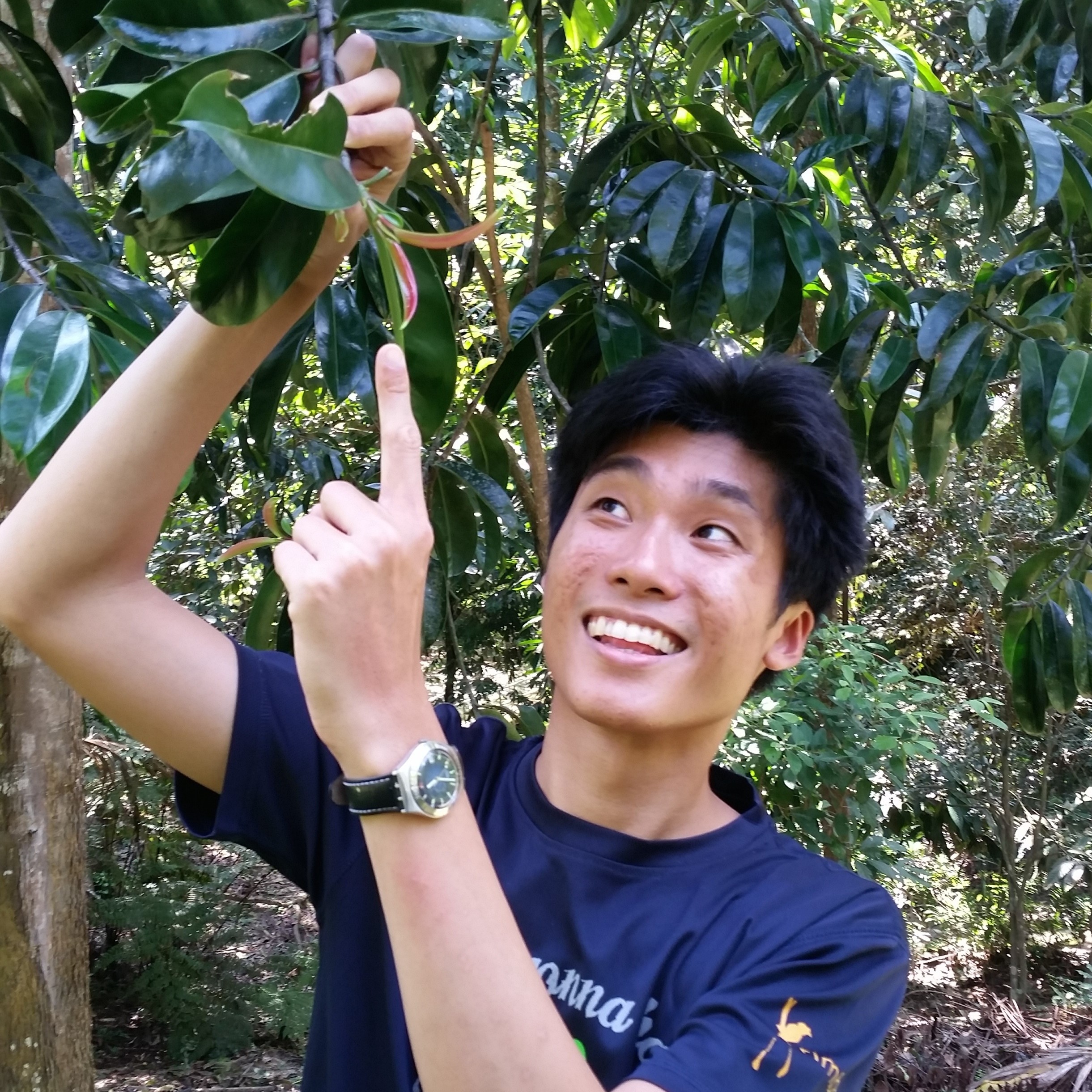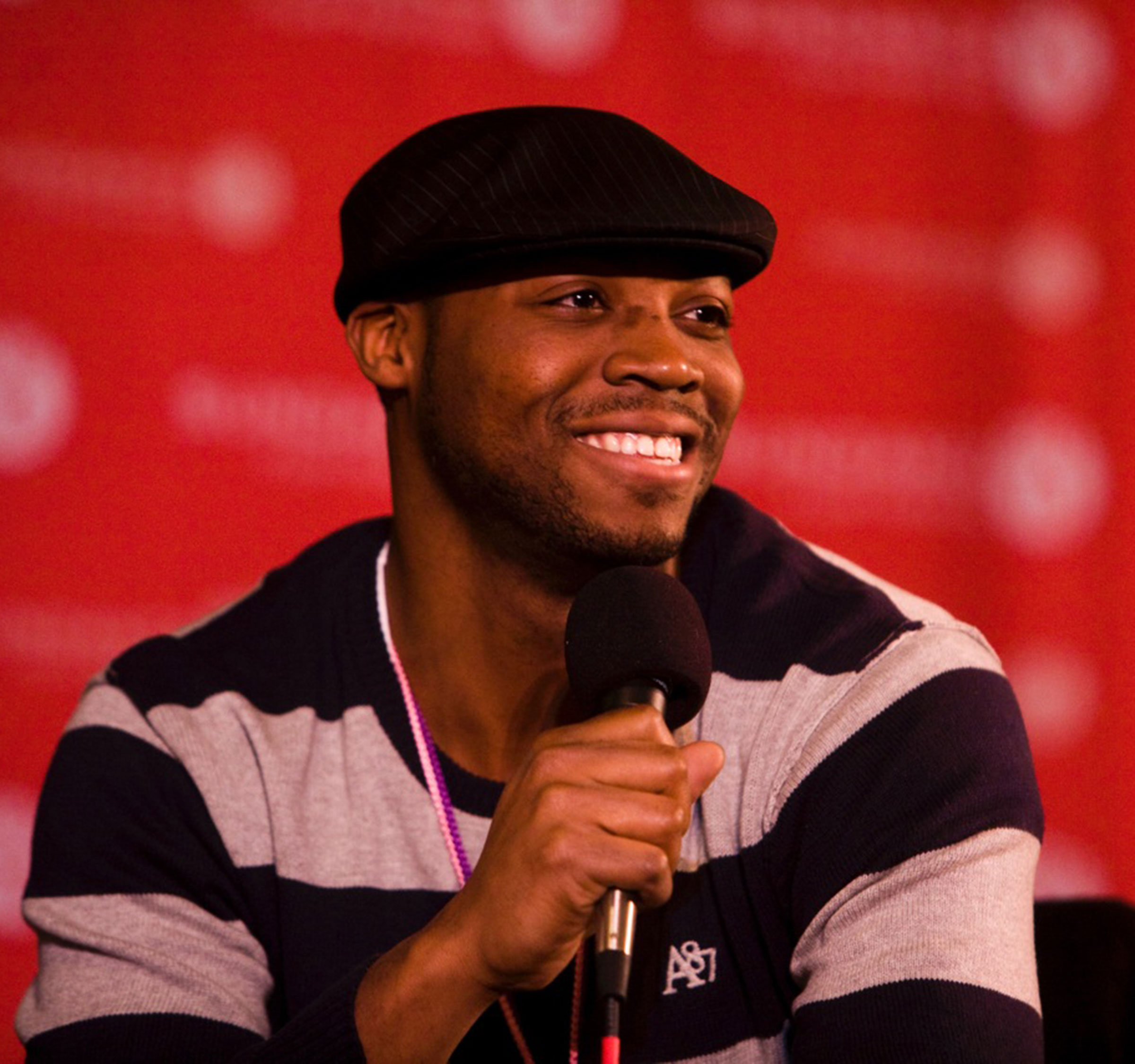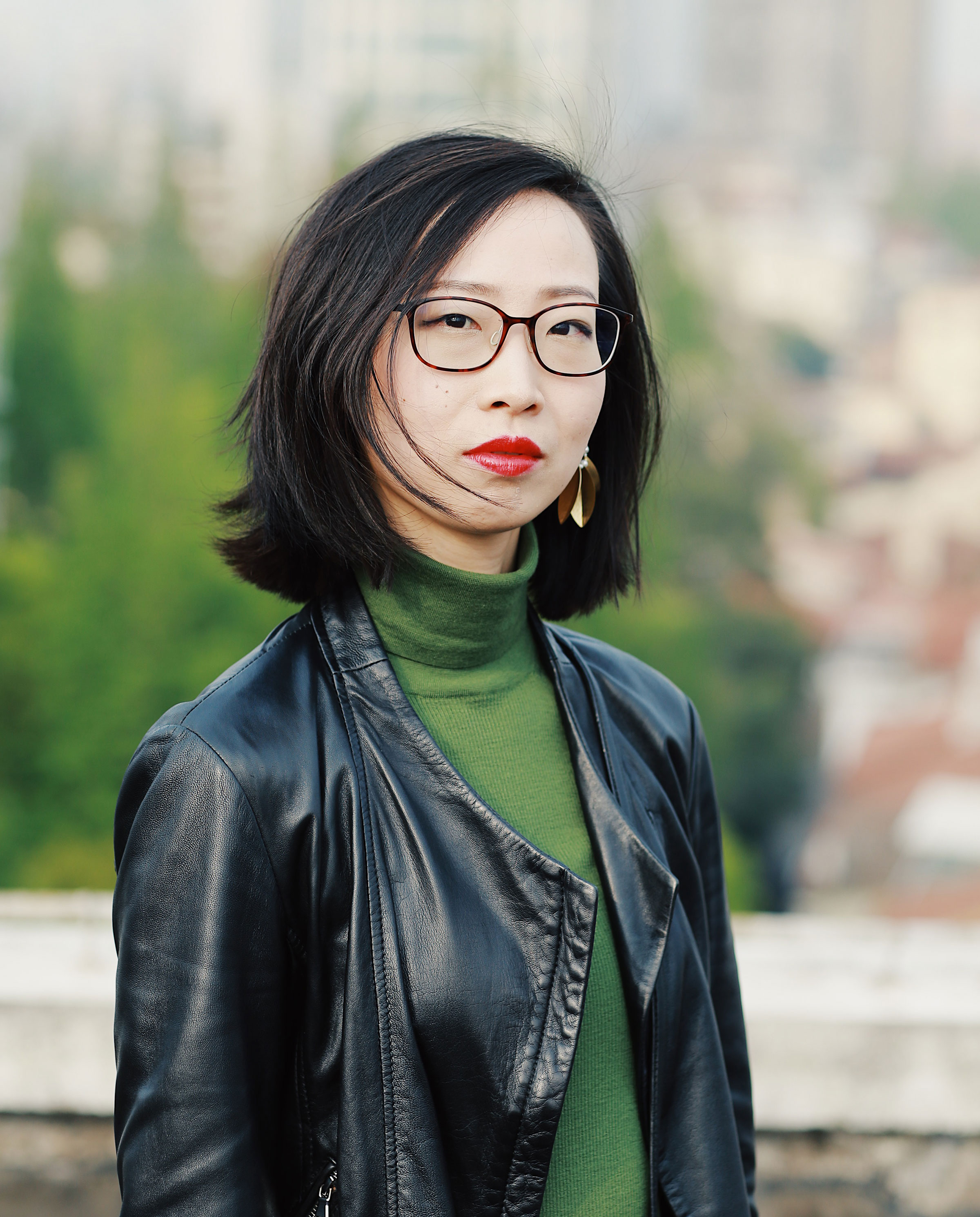Finding solutions for our greatest global challenges, from the climate crisis to systemic inequality, will require human communities to tap into perhaps our most powerful tool for cooperation and reinvention: the imagination.
“Imagination is a crucial but often overlooked resource that serves as the ignition system for empathy, anticipation and resilience,” said Ed Finn, founding director of the Center for Science and the Imagination (CSI) at Arizona State University. “It enables us to consider how the world might be different and to devise pathways to build and enact a better future.”
In the spring of 2021, Finn and his team at CSI invited organizers, scholars, curators, scientists and innovators of all stripes to apply for its new Applied Imagination Fellowship program. The program is designed to support projects that explore how imagination works for individuals and communities, and how it can motivate transformative change and advance visions of inclusive futures. With a focus on applied work, CSI was also particularly interested in projects that involve actively collaborating with historically underrepresented and marginalized communities.
The call for applications drew responses from around the world, in fields ranging from art and design to community advocacy, environmental studies, international development, economics, literature, astronomy, filmmaking, engineering, journalism and more. Today, CSI is proud to announce an inaugural class of five fellows, who will work on projects over the course of a year, from June 2021 to June 2022.
Ian Edwards
Ian Edwards is an environmental communications professional and events producer. He is the director of the Cape Cod Center for Sustainability and Broto: Art + Climate-Science, an annual conference and online community tackling climate change through co-creation and innovation. He also produces TEDx Provincetown and other events focused on the exchange of big ideas. He earned his MBA from Bard College. He is based in Provincetown, Massachusetts. His project, “Bank of Nature,” involves creating an alternative financial structure that incorporates nature as a lender and encourages the flow of investment funds toward projects that create more sustainable communities and economies and support efforts to remediate environmental damage.
Panthea Lee
Panthea Lee is a strategist, organizer, designer, facilitator and executive director of Reboot, a group that organizes communities in struggles for social justice. She has brought together and united coalitions in more than 30 countries, working to protect human-rights defenders, tackle public corruption, reform international agencies and drive media innovation. She is based in Brooklyn, New York. Her project, “The People’s Commission for Justice,” draws on healing justice, participatory art and deliberative democracy practices to engage Asian American and Pacific Islander communities in building nourishing visions of the future and creating both compelling public art projects and concrete plans for advocacy and social change.
Benjamin Ong
Benjamin Ong is an ecologist, writer and photographer. Between 2014 and 2019, he anchored volunteer engagement and environmental education at Universiti Malaya’s Rimba Ilmu Botanic Garden. His book, “The Backyard Before You,” a narrative of photographs and vignettes about the wild beauty of urban residential spaces, was published in 2017. He is based in Kuala Lumpur, Malaysia. His project, “The Kampung City,” considers how urban farming and micro-terraforming of city spaces brings the kampung — Malay for “village” or “hometown” — into rigidly planned, densely populated environments and creates an opportunity to reimagine cities of the future as lush, ecologically diverse and with an emphasis on edible.
Sultan Sharrief
Sultan Sharrief is a transmedia artist, filmmaker and designer. His directorial debut, “Bilal’s Stand,” premiered at the Sundance Film Festival. His youth-media program, Street Cred, was sponsored by Allied Media Projects in Detroit. He is the founder of the Quasar Lab at MIT, an institutional-hacking group that uses community organizing as a strategy for decolonized futurist design, drawing on augmented-reality and virtual-reality tools and more. He is based in Los Angeles. His project, “Visions from a New Tribe,” involves creating video, virtual-reality experiences and augmented-reality technologies to share the stories and experiences of unhoused people in the Venice Beach area of Los Angeles, to celebrate their creative expression and to shift our larger understanding of homelessness.
Regina Kanyu Wang
Regina Kanyu Wang is a writer, researcher and editor, currently pursuing her PhD through the CoFUTURES project at the University of Oslo. She writes science fiction stories, criticism and analysis in both Chinese and English, and has published two collections in Chinese, a short novel in Italian and a forthcoming collection in German. She is the co-editor of “The Way Spring Arrives and Other Stories,” an all-women-and-nonbinary anthology of Chinese speculative fiction. She is based in Oslo, Norway. Her project, “Her Imaginations,” involves creating a series of video interviews with female science fiction authors, editors and fans, as well as scientists and entrepreneurs, from across China, both to foreground the creative vitality of women imagining and creating the future and to explore how these creators promote nondualistic thinking in their work, as a way to reframe conflicts and imagine a more inclusive, harmonious future.
Each fellow will receive $10,000 to support their work. The fellowship is virtual, and the cohort will meet monthly with ASU faculty and other experts from CSI’s network to share ideas and provide support. CSI is also building a multidimensional mentorship model for each fellow, wherein they are provided mentorship and assistance by established experts in fields related to their project, while they also act as a mentor for others in related fields.
“These fellows are doing inspiring work that models imagination in action,” said CSI Assistant Director Ruth Wylie. “We hope this fellowship year will allow them to advance their work and provide a chance to connect diverse communities of imaginative practice around the world.”
More Arts, humanities and education

ASU professor's project helps students learn complex topics
One of Arizona State University’s top professors is using her signature research project to improve how college students learn science, technology, engineering, math and medicine.Micki Chi, who is a…

Award-winning playwright shares her scriptwriting process with ASU students
Actions speak louder than words. That’s why award-winning playwright Y York is workshopping her latest play, "Becoming Awesome," with actors at Arizona State University this week. “I want…

Exceeding great expectations in downtown Mesa
Anyone visiting downtown Mesa over the past couple of years has a lot to rave about: The bevy of restaurants, unique local shops, entertainment venues and inviting spaces that beg for attention from…



